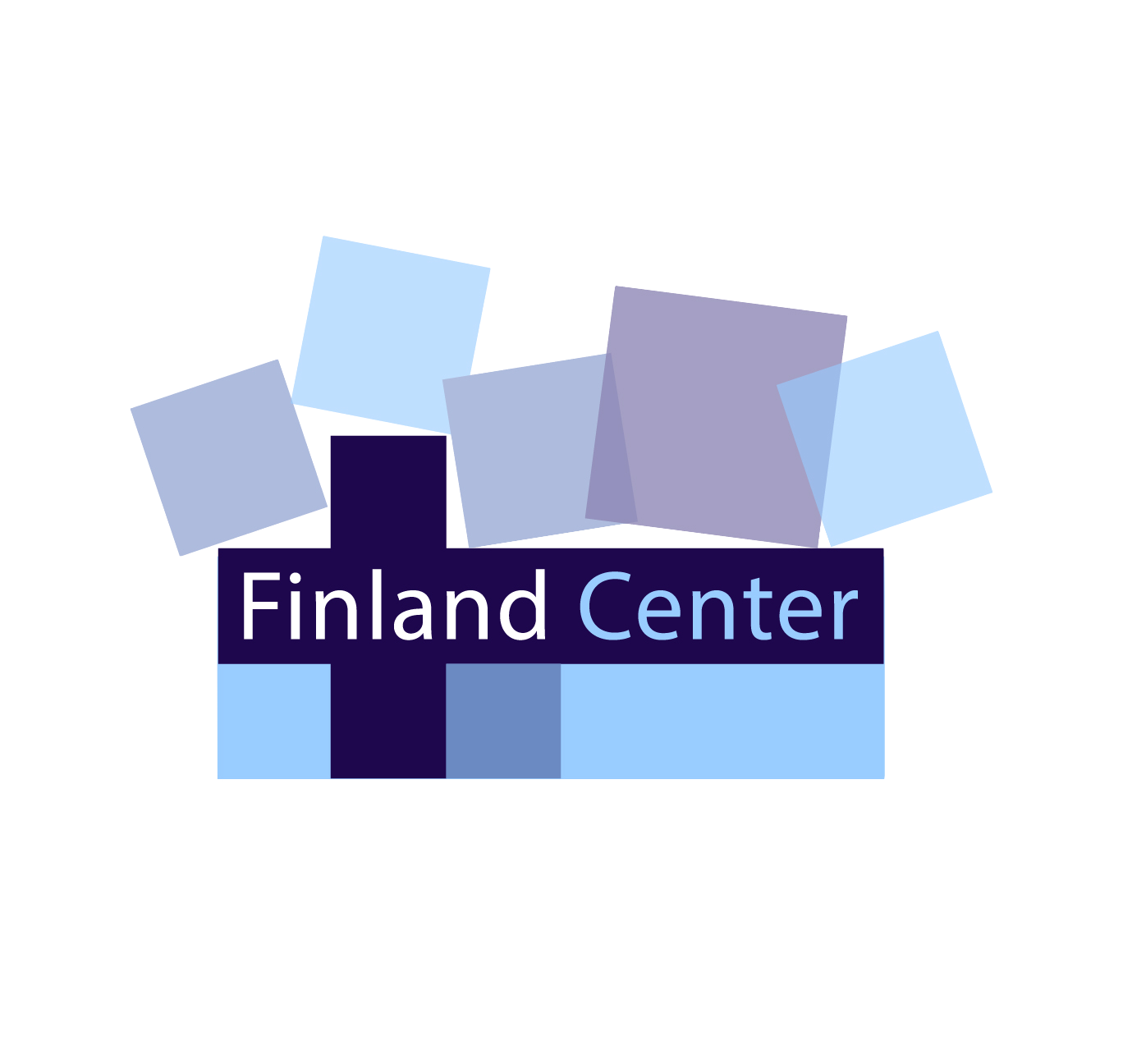On June 16th, Finland Center will hold its second annual 5K run in Prospect Park. In addition to bringing together active New York Finns and friends of Finland, the event supports the work of an organization benefiting peace, gender equality, education or health care – all aspects of Finland Center’s mission statement.
This year Finland Center has partnered with Hope for Haiti (HFHF), a foundation that helps provide medical care, education, environmental awareness, community growth and faith-based services to the country’s poor communities. The organization was founded in 1999 by Jean Elade Eloi, originally of southeast Haiti. Among the group’s most important causes is reducing maternal mortality in a country where a woman’s lifetime risk of dying in childbirth is an estimated one in 47.
New York -based OBGYN Deborah Ottenheimer has taken part in Hope for Haiti’s efforts for two years. We spoke to her about her experiences.
Q: What first drew you to this particular organization and cause?
A: I first went to Haiti with Medi-Share in July 2010 after the earthquake. I didn’t feel that my unique skill set [in women’s health] was being used there, but I knew I wanted to return to Haiti for further work. I started calling around and following leads, and Hope for Haiti Foundation was the only organization I found that was truly interested in sustainable development. I had no interest in going to some hospital for a week and cranking through 1,000 patients; my interest was in educating Haitians so that they could care for themselves. The fact that HFHF was led by someone who grew up in that community also lent credibility to its vision. And once I spoke to Kim Sniffen, the midwife in charge of maternal health at the organization, I was sold.
Q: You’ve returned to Haiti a couple of times each year. What have been the most rewarding, and the most challenging, aspects of your work there?
A: The most rewarding thing is seeing changes in the health of the community, both in the yearly reports and during our visits. People seem to feel comfortable about coming to the clinic, and the nursing staff has been very capable. I’m always welcomed back as a friend, and feel privileged to be able to help. The most frustrating thing for me personally is that I can’t spend more time there; witnessing the level of health care available (or not) in a place located just three hours from New York by plane has been shocking.
Q: What changes would you like to see happen at Hope for Haiti, and in Haiti’s medical community in general, over the next five or so years?
A: I’d like to see better education among local girls and better access to birth control; I’m currently working on funding a grant to introduce IUDs to our clinic, for example. I’d also like for there to be regional hospitals that can provide surgical services and transportation so that women stop dying at home because of fairly simple obstetrical complications. In addition, I’d like for us to have more clinics in the mountains, a doctor on staff, midwives, a consistent supply of medications and other necessities, and an ultrasound machine.
Q: Has it been challenging to get friends and colleagues in the U.S involved in Hope for Haiti? Do people become overwhelmed in deciding what causes to support?
A: People have “tragedy fatigue” and short attention spans: once the acute phase of a disaster is over, we move on to the next thing. I tell people about my work, hoping to inspire by example. I have decided on a fairly narrow area of focus, but most people look out there, see unbridled chaos and prefer to hide.
To find out more, visit hopeforhaitifoundation.com.

